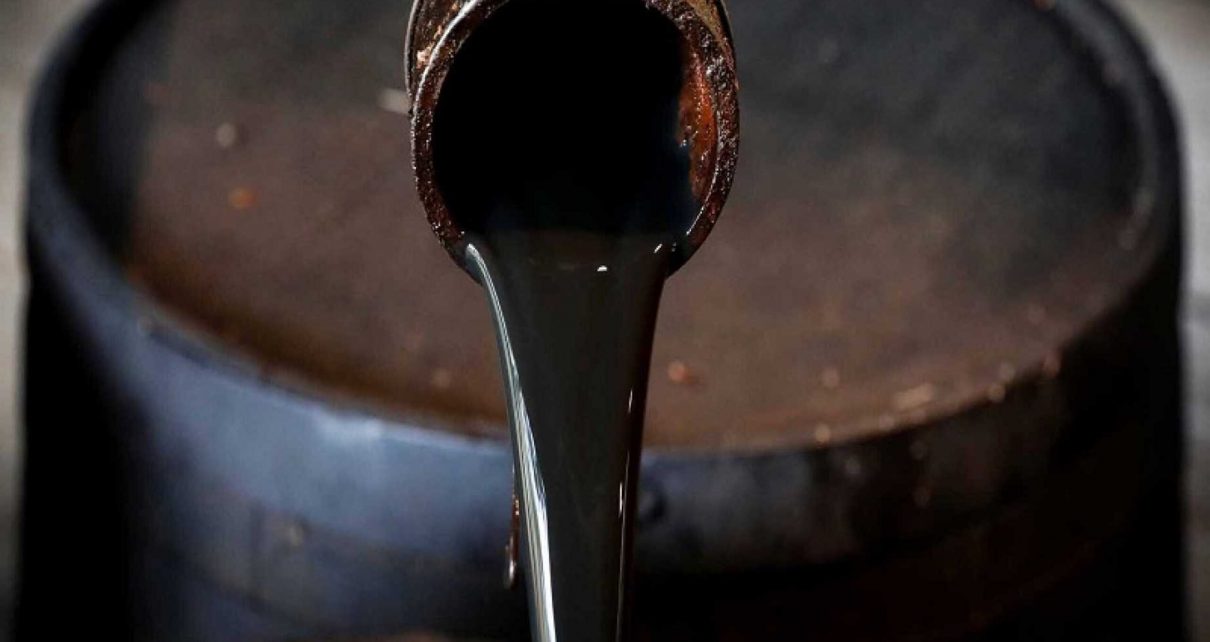Nigeria faces a slight decline in the export of its key crude oil grades in February, projected to average around 657,000 barrels per day (bpd), down from 792,000 bpd in January. This news surfaces amid concerns raised earlier in the month by Nigeria’s oil regulator, which is contemplating the revocation of dormant oil exploration leases granted to companies lacking exploration activities.
Earlier in December, Gbenga Komolafe, CEO of the Nigerian Upstream Petroleum and Regulatory Commission (NUPRC), expressed the commission’s intention to adhere to the Petroleum Industry Act (PIA) guidelines. He stated, “Only technically and financially viable firms will keep their leases.”
The NUPRC revealed that more than 60% of the prospecting licences issued to local and foreign oil firms had expired, prompting considerations about lease renewals and potential revocations. Notably, 33 exploration leases, issued as far back as 2003, have expired, with four entangled in contractual disputes.
However, amidst these regulatory measures, Nigeria’s oil production faces challenges due to factors like crude theft, pipeline vandalism, and limited investments in the sector, resulting in output limitations.
The country received a 2024 oil output target of 1.5 million bpd from OPEC+, a reduction from the initially hoped-for 1.58 million bpd. This adjustment aligns with Nigeria’s challenges in meeting production quotas, primarily due to underinvestment and security issues.
James Forbes, an analyst at FGE, highlighted Nigeria’s ambitious targets, expressing scepticism about reaching a crude output of 2 million bpd next year. He emphasised the ageing fields and the likelihood of attaining maximum capacity.


